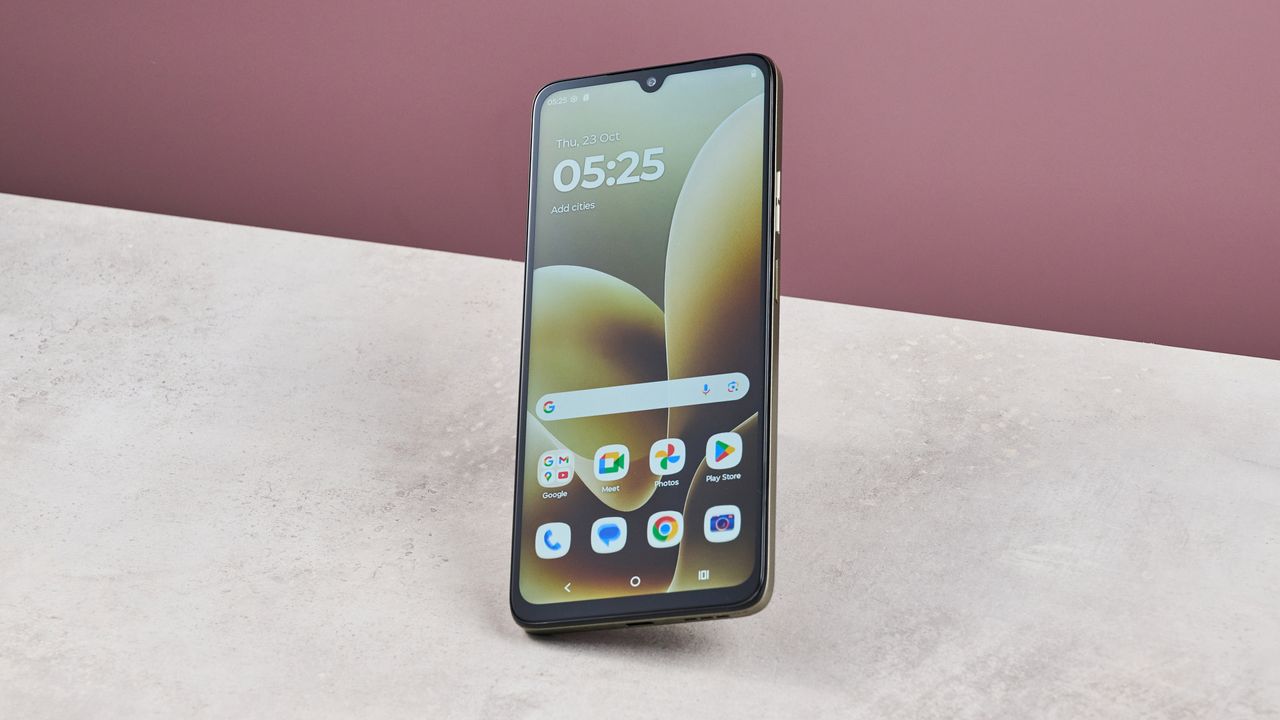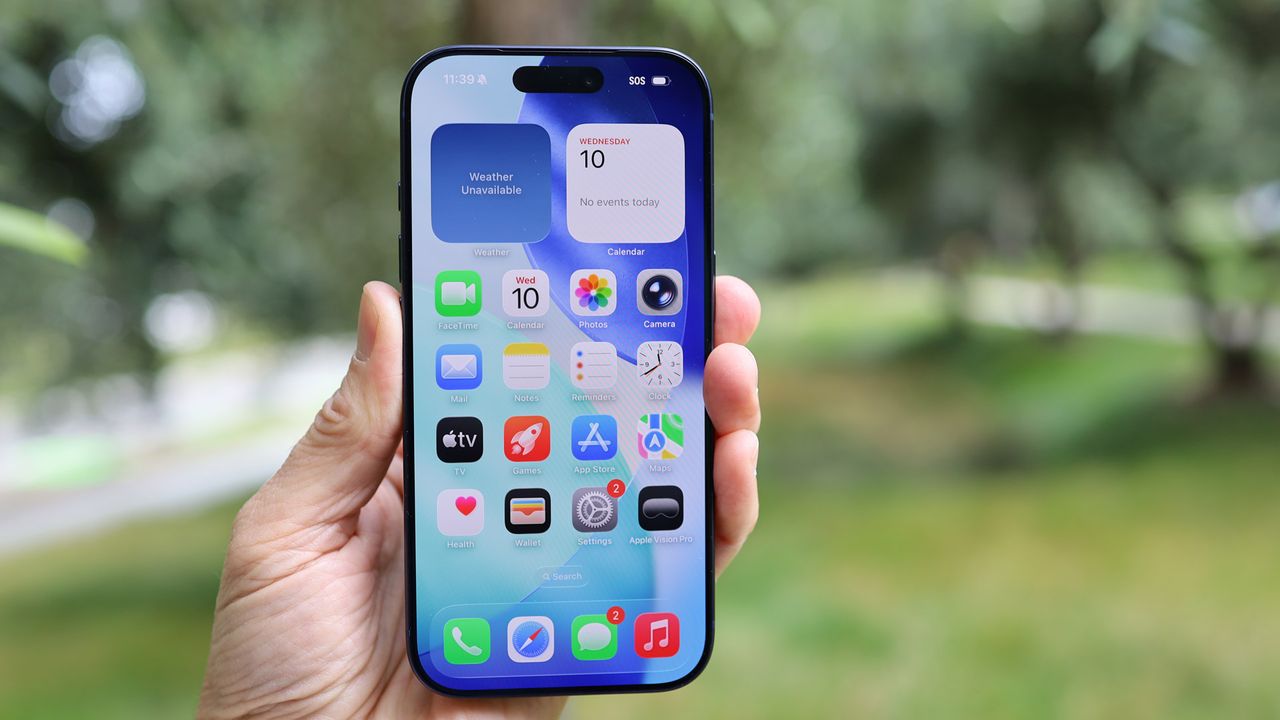
I often write about how I think Facebook is changing our world, but not in a good way. We’ve seen a lot of media conversations about Facebook and other social media giants getting regulated. And rightfully so, but the question I hadn’t given much thought to is what would the world look like without Facebook? And I’m not thinking about this from the perspective that they would be told to shut down. I’m talking about the idea that Facebook might just slowly decline. Think about it for a moment. Myspace was all the rage, and then… nothing. Is it possible for Facebook to have a similar fate?
This idea, then, begs the question of what will happen to your digital data after its demise. Will it continue to be a social network, or simply a repository of old data? And, if so, who owns that data and can it be recovered? It’s so fascinating to me that we now live in a world where we are asking these questions. 20 years ago, if you took a photo on a camera and then had it developed, you were still the owner of that photo. It sat in a photo album on your shelf, but you were still the owner. And now, just because you upload the photo for all of your friends and family to see in a virtual photo album, there is a possibility that you no longer own the data. So then what? Could that information be used? Could it be sold? I’m not necessarily looking at specific answers for these questions. I am, however, posing the question as a way to get you thinking about what the future could look like, or what it is becoming.
A recent study was published on Big Data & Society by researchers from the Oxford Internet Institute. The paper is titled, “Are the dead taking over Facebook? A Big Data approach to the future of death online” explores two possible scenarios:
- Facebook’s growth complete stops as of last year, and;
- Facebook’s growth continues at a rate of 13% a year until it fully hits its target market in the categories for country, year and age
While neither of these categories are likely to unfold exactly as illustrated, but the “true number” of dead profiles “almost certain falls” between these scenarios. This helps researchers to identify a floor and a ceiling to help understand how data might be used in the future.
This particular study is looking at what will happen to an individuals’ data after they pass away. Many profiles remain online after a death, and in some cases that might be a nice thing to do. But the real concern is who owns the data. I think we all agree that it shouldn’t belong to a corporation, especially Facebook. Now, I’m not saying that other social networking companies are any better, but Facebook has a history marred with scandal around who they provide their data to.
Now, Facebook could change. And maybe they are. But think about it from this perspective. If you are thinking about starting a relationship with someone, and you found out that they’ve cheated on all of their former partners, would you give them the benefit of the doubt? Some of you will say yes, and some of you will say no. There is no right or wrong answer to this. The question becomes whether or not you believe that the person can change. And if you do, then yes, you jump into that relationship. But don’t be alarmed if you end up being on the receiving end of that cheating.
The same goes for Facebook. How can data be collected in a way that protects the privacy of the individual user? Even if Facebook isn’t the enemy in this particular scenario, we now live in a world of data breaches… which means anyone can get your data if they try hard enough.



